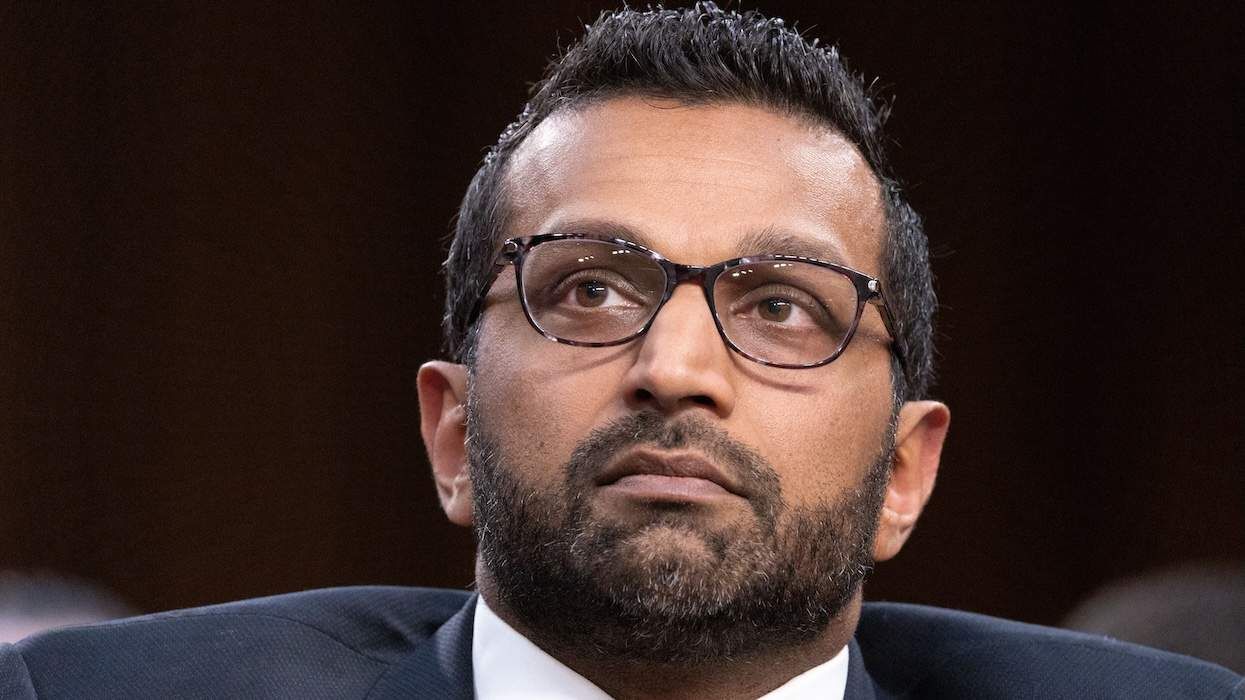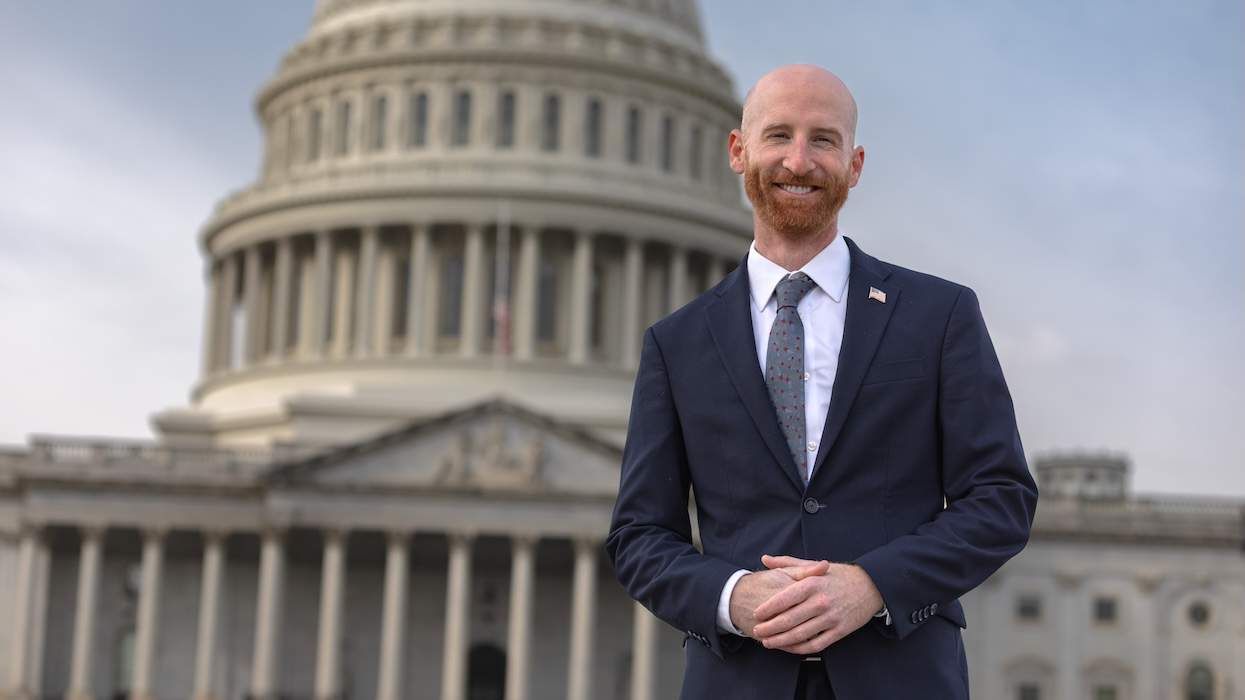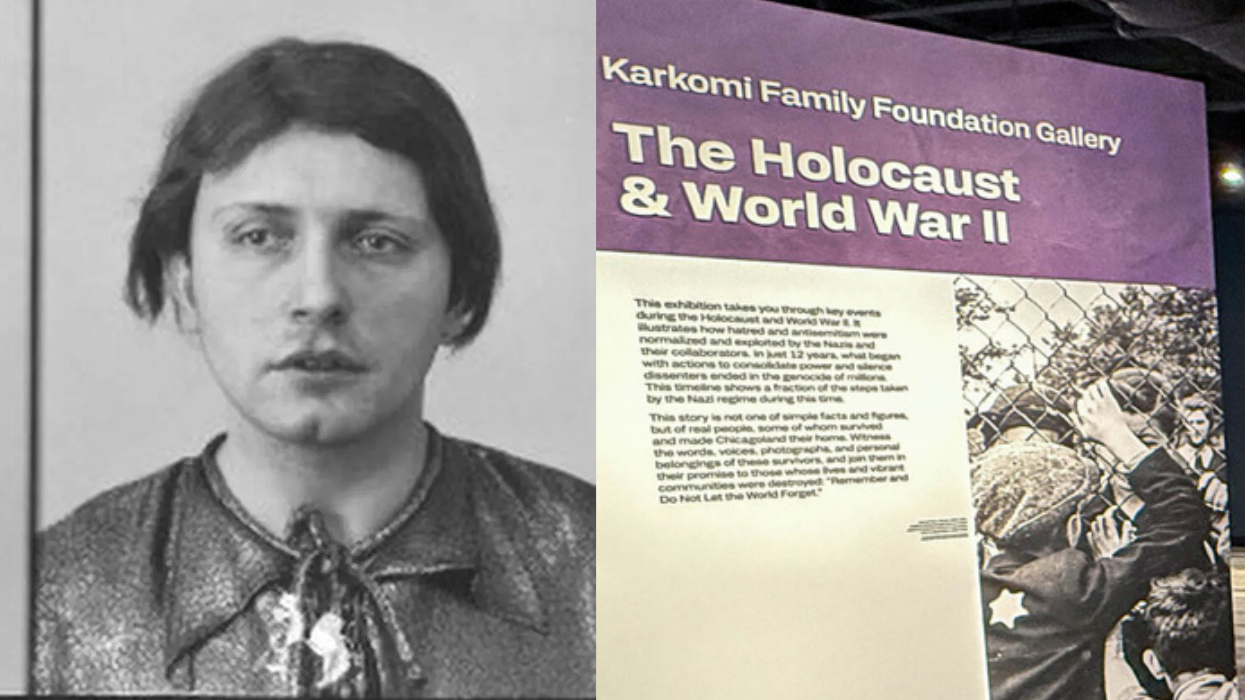The Bush
administration on Wednesday called on Congress to
reauthorize the Ryan White Act and unveiled proposals
for federal AIDS spending that would shift billions of
dollars away from urban areas to expand medical care
in poor and rural parts of the country with rising HIV
rates. No significant new AIDS spending was included
in the plan, which was announced by Health and Human
Services secretary Michael Leavitt.
The proposals are
widely expected to shape legislation being prepared to
reauthorize the Ryan White Act. The current act expires on
September 30 and must be renewed by Congress in order
for federal HIV prevention, treatment, and support
funds to continue to be allocated across the
country.
In announcing the
proposals, Leavitt said they aim to accomplish
five key goals: serving the neediest first, focusing on
life-extending services, increasing prevention
efforts, increasing accountability, and increasing
flexibility. Bush's proposal would decrease overall
funding to 51 large cities and divert resources to
states that have rising HIV infection rates,
particularly those in the South. The proposal also would
require that a minimum of 75% of Ryan White dollars go to
core medical programs for HIV-positive people, leaving
many programs that provide such services as
transportation to medical appointments, housing, legal
assistance, and food banks with reduced funding.
Authority for
allocation of Ryan White funds also would be diverted from
local planning groups and given largely to "municipal
grantees"--typically the city or county health
departments that receive the bulk grants from the
federal government. Instead, local planning boards
will serve in an advisory capacity for funding
prioritization and allotment.
Bush's
plan also calls for Health and Human Services to develop a
list of "core medications" that would be
prioritized through the state-run AIDS Drug Assistance
Programs.
Many AIDS groups,
including the HIV Medicine Association and the AIDS
Healthcare Foundation, responded favorably to the proposals.
"We strongly support Secretary Leavitt and HHS
for today's announcement to overhaul the Ryan White
CARE Act by directing more dollars toward core services,
particularly the proposal to require local planning councils
to direct up to 75% of Ryan White Funding toward
medical care," AHF president Michael Weinstein
said in a press release.
The AIDS
Institute, a Florida-based advocacy group, announced that it
also welcomes the Administration's proposals.
"We are pleased the Administration has taken a
direction in its recommendations that reflect the
realities of today's domestic AIDS epidemic,"
said AIDS Institute executive director Gene Copello in
a press release.
But some
organizations have expressed concern about the spending
proposals, particularly with shifting money away from urban
areas with relatively stable HIV infection levels--or
from those that have succeeded in lowering HIV
infection rates through prevention programs.
"Unfortunately, the proposal advanced by the Bush
administration would shift inequities from rural and
poor states to the inner cities," the AIDS
Foundation of Chicago stated in a
release. "Improving HIV care in rural
America--an important goal--should not come at the expense
of poor people with HIV/AIDS who live in urban centers,
including Chicago."
San Francisco
AIDS Foundation executive director Mark Cloutier also
worries that some provisions of the Bush administration
proposal would "undermine the continuity of
care for thousands of San Franciscans living with HIV
disease."




































































Charlie Kirk DID say stoning gay people was the 'perfect law' — and these other heinous quotes